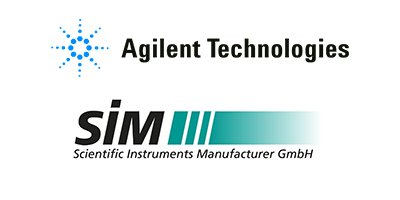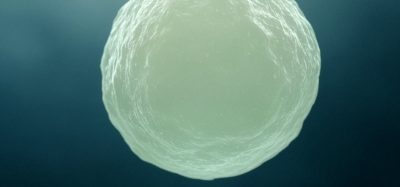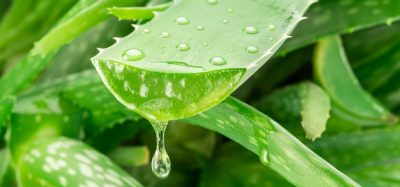Rapid Determination of MCPD and glycidyl esters in food using the DGF Fast and Clean Method
- Like
- Digg
- Del
- Tumblr
- VKontakte
- Buffer
- Love This
- Odnoklassniki
- Meneame
- Blogger
- Amazon
- Yahoo Mail
- Gmail
- AOL
- Newsvine
- HackerNews
- Evernote
- MySpace
- Mail.ru
- Viadeo
- Line
- Comments
- Yummly
- SMS
- Viber
- Telegram
- Subscribe
- Skype
- Facebook Messenger
- Kakao
- LiveJournal
- Yammer
- Edgar
- Fintel
- Mix
- Instapaper
- Copy Link
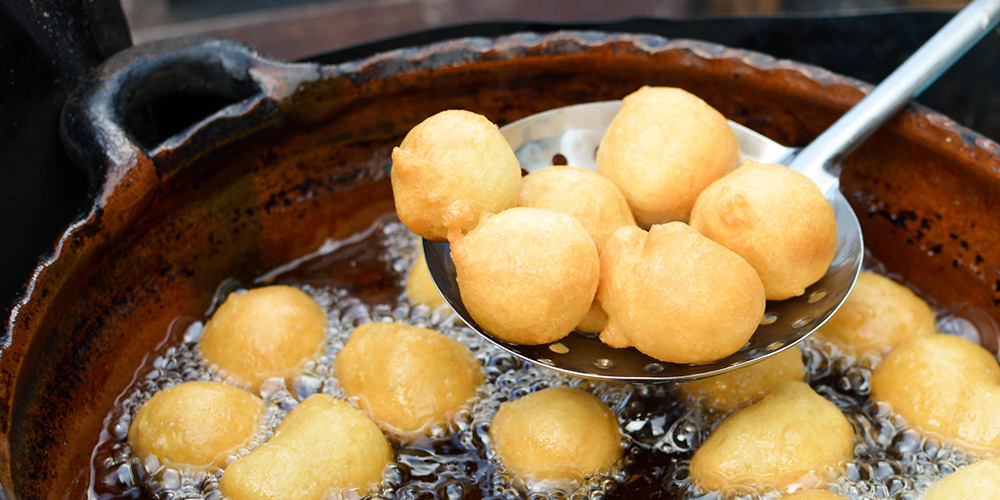

Refining raw food oil is essential to ensure safety and palatability. Unfortunately, it can be the origin of MCPD and glycidyl fatty esters, which can have harmful carcinogenic and mutagenic effects.
The European Food Safety Authority (EFSA) indicates a risk associated with free 3-MCPD and Glycidol being available in the human gut when oil-based foods are consumed. The risk is such that there is a need for testing down below 0.1 mg/kg. For most organizations carrying out testing, 2-MCPD is also considered worth monitoring though the risks are less well understood at this time.
The manual determination of these compounds can take a lot of time. An automated method based on the well-established DGF method ‘DGF C-VI 18(10)’ (AOCS Cd 29c-13) is now available with Agilent equipment.
This webinar discusses:
- A fast and clean automation of the DGF workflow.
- How CHRONECT® Robotic dual-head automation and Agilent GC/MS analysis are controlled through software CHRONOS in an approach that is proving popular with high throughput labs.
- How each step in the process fits together, from how MCPD and gycidyl esters are first converted into their free alcohol forms, and then extracted and derivatized, followed by online analysis via Agilent GC-MS/MS.
- How results are delivered after only 45 minutes. With parallel workflows, 36 samples can be analyzed within 24 hours.
- How even sensitive analysis is possible down to quantitation limits of 0.05 mg/kg
- Tips and tricks to ensure sample prep delivers good recoveries across a range of sample types and to ensure the analytical system stays clean with high uptime.
Keynote speakers
Tobias Uber – Application Automation & GCMS Specialist, Axel Semrau GmbH & Co. KG
Tobias develops fully automatic applications for the PAL3 system incorporating chromatographic instrumentation. Prior to Axel Semrau, Tobias was a scientific researcher at the University of Applied Sciences in North Rhine-Westphalia Germany.
Dr. Andreas Kremser – PAL Automation Specialist, SIM
Dr. Kremser has more than six years of experience in dealing with gas chromatographs, mass spectrometers and autosamplers. One of his specialties is the development, programming and evaluation of automated sample preparation techniques.
The rest of this content is restricted - login or subscribe free to access
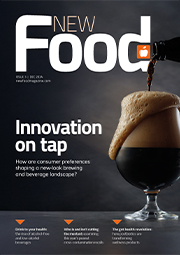

Why subscribe? Join our growing community of thousands of industry professionals and gain access to:
- bi-monthly issues in print and/or digital format
- case studies, whitepapers, webinars and industry-leading content
- breaking news and features
- our extensive online archive of thousands of articles and years of past issues
- ...And it's all free!
Click here to Subscribe today Login here
Related topics
Equipment, Fats & oils, Gas Chromatography/Mass Spec (GC/MS), Research & development



